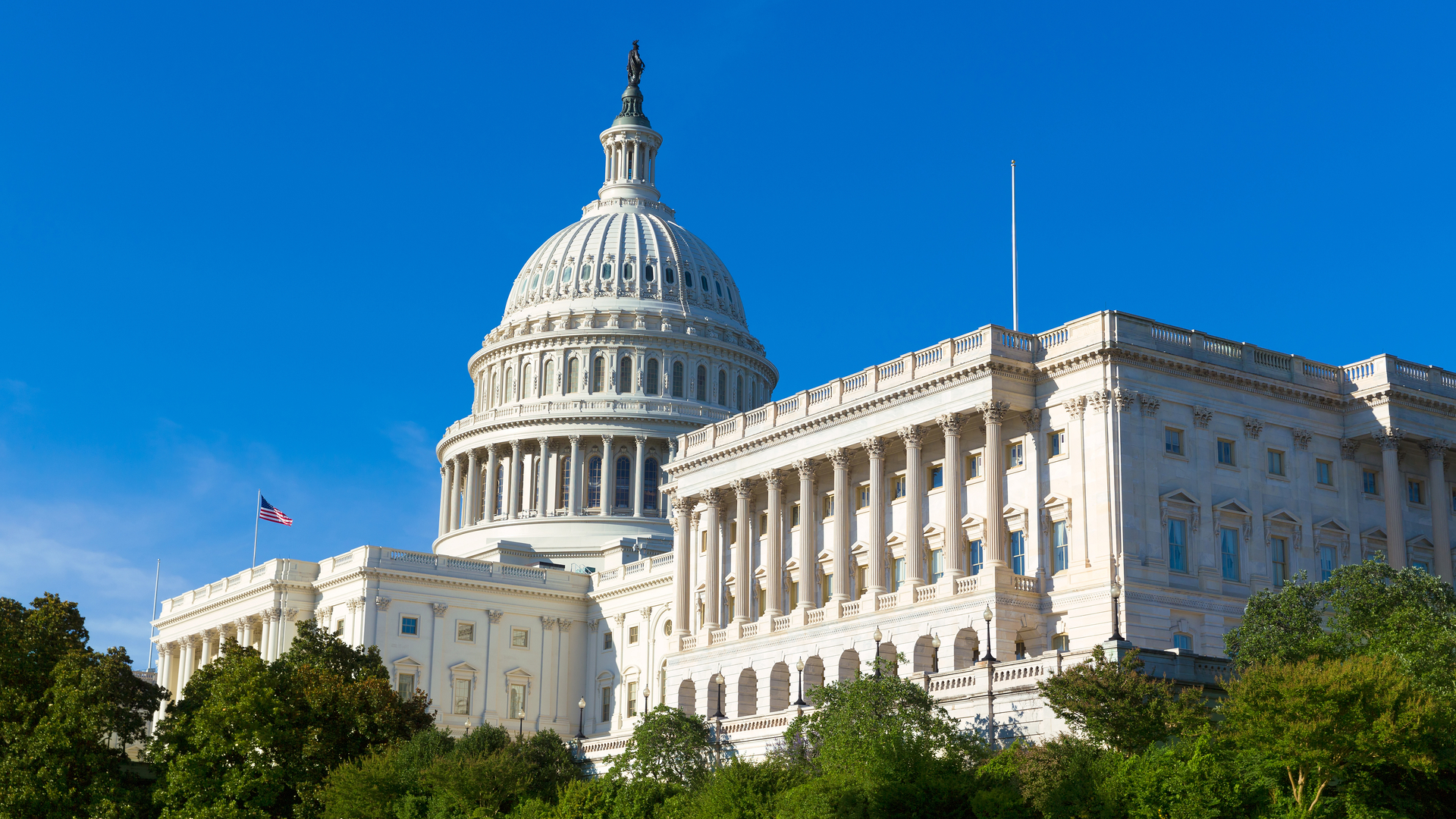US big tech suffers as federal privacy bill delayed
Firms must comply with California's strict data laws in lieu of a federal bill

Congress is unlikely to pass a federal data protection bill this year as lawmakers continue to disagree on how it should be implemented, according to sources speaking to Reuters, meaning big tech companies will have to comply with much stricter state laws.
Many of the protections and rights for data subjects outlined in the California Consumer Privacy Act (CCPA) mirror those of the EU's General Data Protection Regulation (GDPR), making it one of the strictest and most progressive pieces of data security legislation in US history.
Under the CCPA, consumers will have the right to request the data that companies have collected on them, request the deletion of that data, and deny third-party access to it. Companies not up to CCPA snuff will be subject to steep sanctions, including fines of up to $7,500 for each intentional violation and up to $750 for every consumer affected in the event of a data breach.
The delay in passing federal data protection laws means that companies including Amazon, Facebook, Google, and even retailers like Walmart that depend on consumer data for their user tracking and advertising must comply with the robust restrictions of the new California law.
Major US tech companies, as well as associated businesses that depend on them, had been pushing for more lenient federal laws to be created to get ahead of the CCPA, set to come into force on 1st January 2020, but the prospect of passing any legislation in the midst of current congressional debates does not look promising.
"This will be tremendously challenging... companies need to really focus on complying with California now because there is not going to be a life raft from a federal level," said Gary Kibel, technology and privacy partner at Davis & Gilbert law firm, speaking to Reuters.
Despite the efforts of some senators to draft a federal bill by the end of the year, negotiations are still ongoing for matters such as how to adequately facilitate consumers' informed consent so they may choose to opt-out of personally-identifiable data collection, and how such a process would be enforced.
Get the ITPro daily newsletter
Sign up today and you will receive a free copy of our Future Focus 2025 report - the leading guidance on AI, cybersecurity and other IT challenges as per 700+ senior executives
The information that can be considered private and the consumer information that can be freely exchanged with third parties are also up for continued congressional debate, though they are already included in California's new law.
Although negotiations over federal legislation are still underway, many lobbyists remain optimistic that the privacy bill will pass, given that data security is a bipartisan issue and the new law won't take a penny out of taxpayers' pockets.
-
 Cleo attack victim list grows as Hertz confirms customer data stolen
Cleo attack victim list grows as Hertz confirms customer data stolenNews Hertz has confirmed it suffered a data breach as a result of the Cleo zero-day vulnerability in late 2024, with the car rental giant warning that customer data was stolen.
By Ross Kelly
-
 Lateral moves in tech: Why leaders should support employee mobility
Lateral moves in tech: Why leaders should support employee mobilityIn-depth Encouraging staff to switch roles can have long-term benefits for skills in the tech sector
By Keri Allan
-
 New malware uses search engine ads to target pirate gamers
New malware uses search engine ads to target pirate gamersNews MosaicLoader uses advanced obfuscation techniques to avoid detection
By Danny Bradbury
-
 Liberty defeated in ‘snooper’s charter’ legal challenge
Liberty defeated in ‘snooper’s charter’ legal challengeNews High court rules the government’s Investigatory Powers Act doesn’t breach human rights
By Keumars Afifi-Sabet
-
 Premium email firm Superhuman ends pixel tracking after backlash
Premium email firm Superhuman ends pixel tracking after backlashNews The email plugin startup removed read receipts by default after accusations of surveillance
By Bobby Hellard
-
 GDPR is not enough to win back customer trust
GDPR is not enough to win back customer trustIn-depth When it comes to building new services, industry experts believe there should be a collective responsibility for data security
By Mark Samuels
-
 UK Prisons trial facial recognition to stop drug smugglers
UK Prisons trial facial recognition to stop drug smugglersNews Biometric technology used to catch visitors supplying contraband
By Bobby Hellard
-
South Wales Police given ultimatum to drop facial recognition tech
News Ex-councillor Ed Bridges has given the force two weeks to drop tech that "violates privacy rights"
By Bobby Hellard
-
 Facebook suspends hundreds of apps for misusing user data
Facebook suspends hundreds of apps for misusing user dataNews An internal investigation into data misuse by Facebook apps has led to a raft of suspensions
By Tom McMullan
-
 Coalition Against Piracy fights online piracy
Coalition Against Piracy fights online piracyNews The new coalition, backed by numerous companies, hopes to dismantle the businesses behind pirate streaming boxes
By Hannah Simms